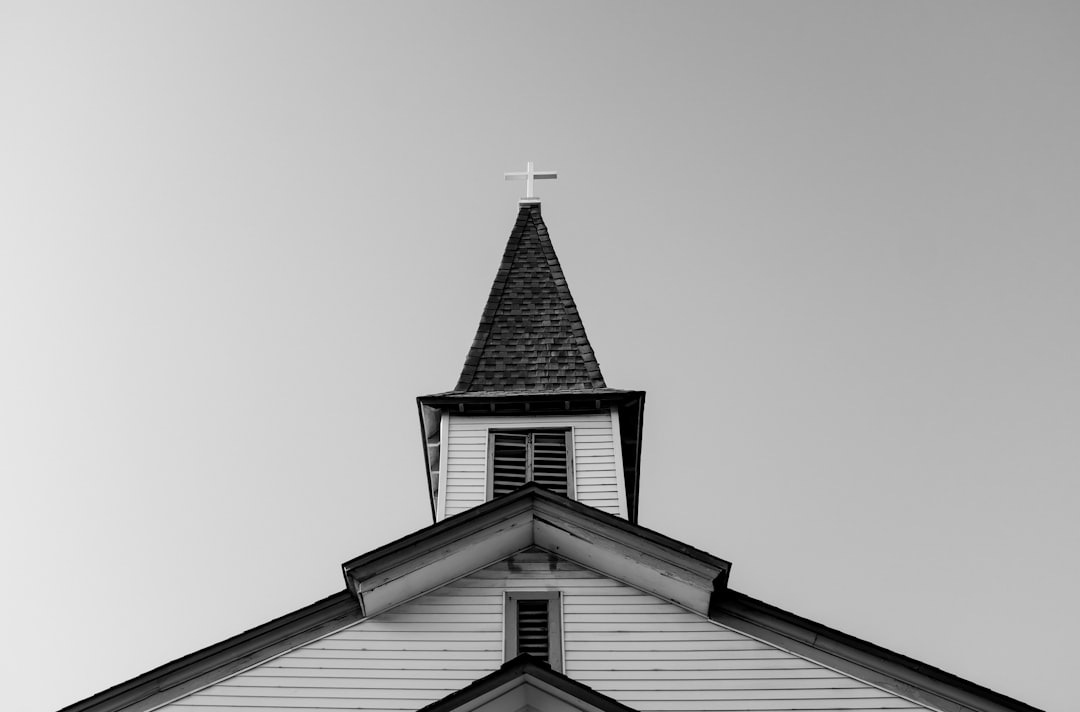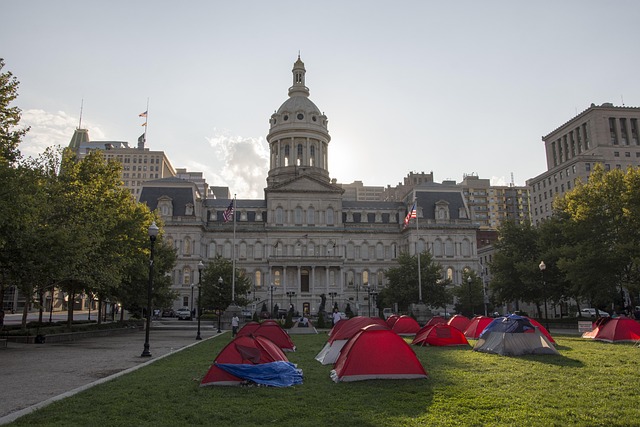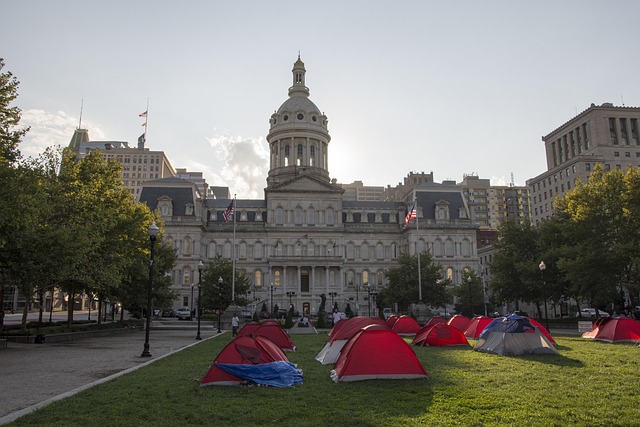Clergy abuse lawyers Baltimore MD play a vital role in empowering survivors to take action against sexual and emotional exploitation within religious settings. They guide victims through complex legal processes, protect their rights, and help pursue compensation and justice, making it easier for survivors to seek redress in Maryland.
Understanding Clergy Abuse in Baltimore

Legal Rights for Survivors of Spiritual Abuse

Survivors of spiritual or clerical abuse in Baltimore, MD, have legal rights and options available to them. If you’ve experienced any form of harm, manipulation, or exploitation within a religious or spiritual setting, seeking justice is not only possible but also necessary. A skilled clergy abuse lawyer in Baltimore can guide survivors through the complex legal process, ensuring their rights are protected.
In Maryland, there are laws in place to hold accountable those who have committed sexual or emotional abuse under the guise of spiritual authority. These laws extend to various types of institutions, including churches, religious organizations, and any entity that holds itself out as a place of worship. A Baltimore clergy abuse lawyer can help survivors navigate these legal avenues, understand their entitlements, and pursue compensation for the trauma they have endured.
Finding Justice: Maryland's Legal Process for Victims

For survivors of clergy abuse in Baltimore, MD, finding justice can be a complex and daunting journey. The first step is to connect with a competent and compassionate clergy abuse lawyers who specialize in handling such sensitive cases. These legal professionals are equipped to guide victims through Maryland’s legal system, which has specific procedures for reporting and pursuing claims related to clergy misconduct.
Maryland offers survivors various avenues for justice, including civil lawsuits against abusive clergy members or institutions and criminal charges if the conduct constitutes a crime. A skilled clergy abuse lawyers in Baltimore MD can help navigate these options, ensuring that victims’ rights are protected and they receive the support they need throughout the legal process.






